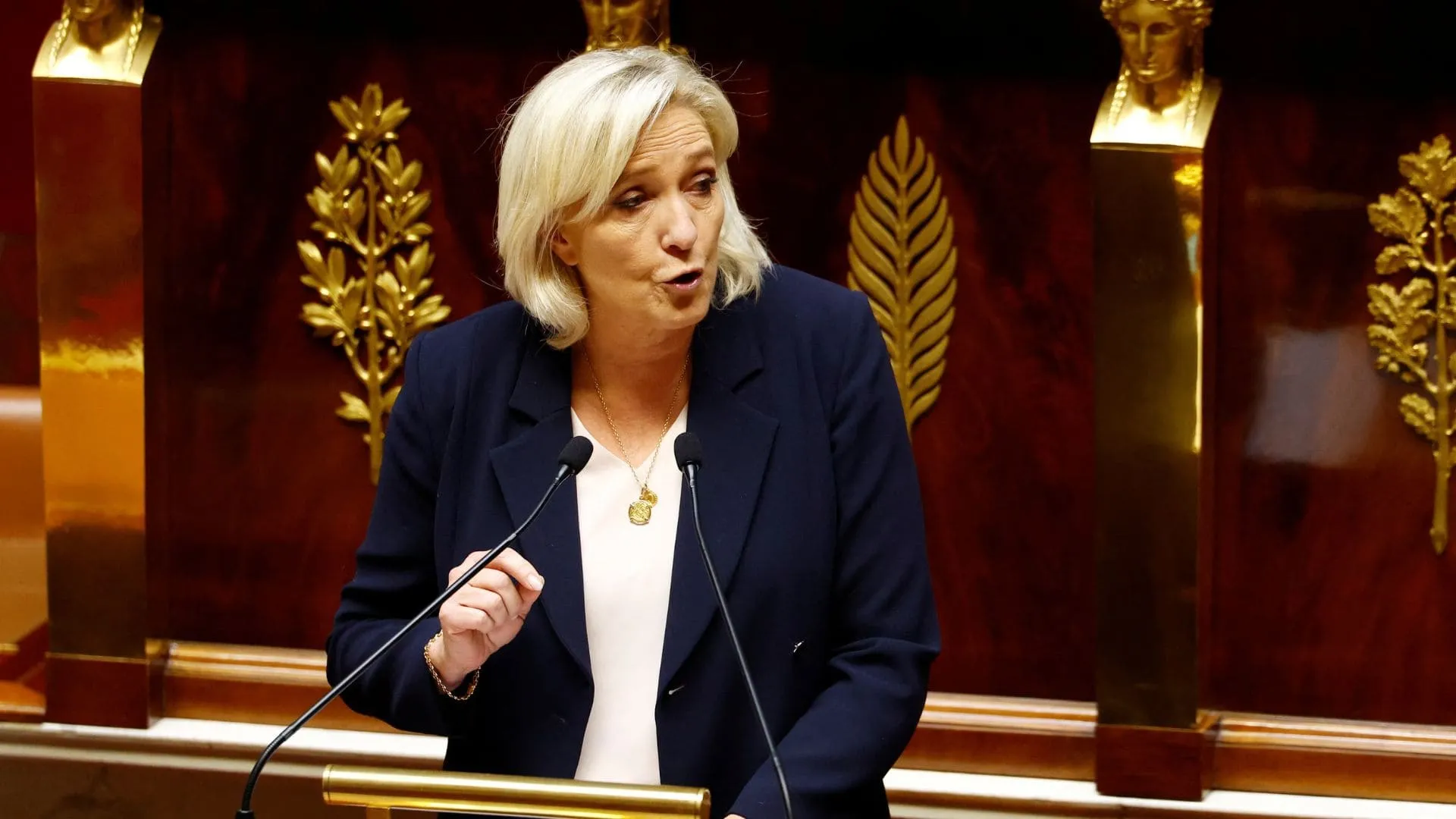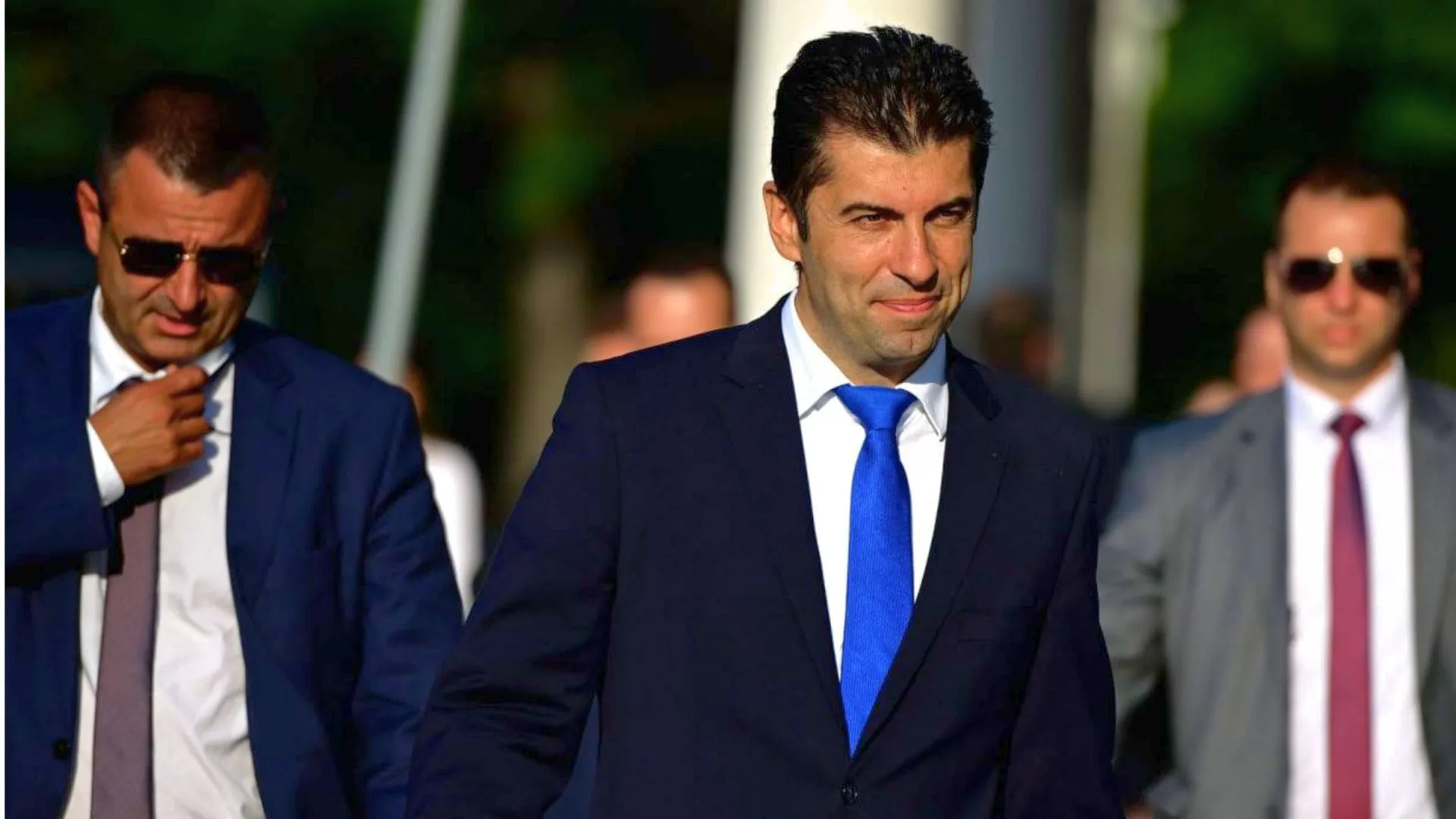France’s far-right leader, Marine Le Pen, has been found guilty of misusing European Union funds in a high-profile trial. The case exposed how her National Rally (RN) party funneled EU money to fake parliamentary aides who were, in reality, working for the party. The ruling is a major political setback, as the court imposed an immediate ban on her holding public office. With the 2027 presidential race on the horizon, this verdict significantly alters the political landscape in France.
Le Pen’s Conviction and Sentencing
A French court on Monday convicted Marine Le Pen and eight other RN lawmakers of embezzling EU funds. The scheme, estimated at €2.9 million, involved paying European Parliament assistants who performed no parliamentary work. Instead, they were engaged in the National Rally’s political activities.
Prosecutors had demanded a five-year suspended prison sentence, a €300,000 ($324,000) fine, and a five-year ban from holding public office. The judge immediately enforced the public office ban, meaning Le Pen is barred from running in the 2027 election unless she successfully appeals.
Le Pen, a three-time presidential candidate, walked out of the courtroom following her conviction and disqualification but before the judge announced her final sentence regarding a possible prison term or fine. She has long denied any wrongdoing, claiming the case is politically motivated. However, the ruling delivers a crushing blow to her presidential ambitions at a time when she was widely seen as the strongest challenger to President Emmanuel Macron’s successor.
Political Fallout and Le Pen’s Response
Le Pen’s exclusion from the next presidential race significantly impacts French politics. Her National Rally party has gained momentum in recent years, with increasing support among voters disillusioned with traditional parties. Now, the far-right must find a new figurehead to replace its most prominent leader.
Le Pen insists the case is part of a coordinated effort to derail her political career. She accuses the French establishment of using legal tactics to block her from power. However, the court’s decision also brings renewed scrutiny to financial misconduct within her party. Critics argue that the ruling upholds justice and ensures accountability in French politics.
If her appeal fails, Le Pen’s political career may be effectively over. The National Rally will need to reposition itself in the absence of its longtime leader. Meanwhile, centrist and left-wing parties could capitalize on the situation, reshaping the power dynamics ahead of 2027.
With France heading toward a crucial election, the far-right faces uncertainty. The conviction may weaken its influence, but it could also energize Le Pen’s supporters, who see her as a victim of political persecution. Whether this marks the end of Le Pen’s ambitions or the beginning of a reinvention for the National Rally remains to be seen.









